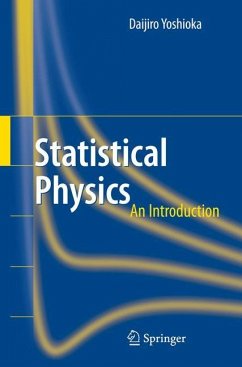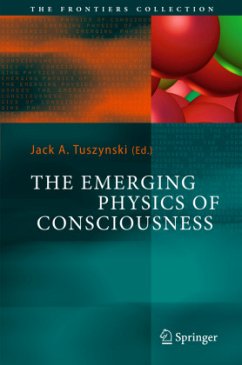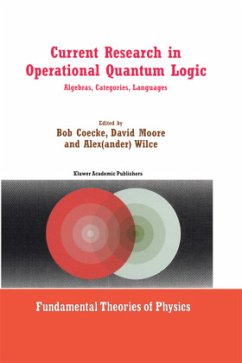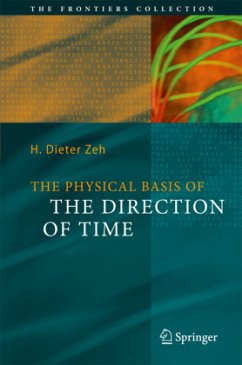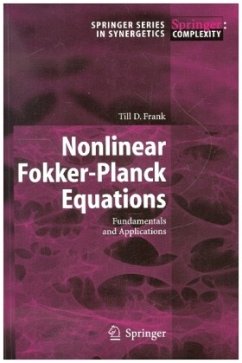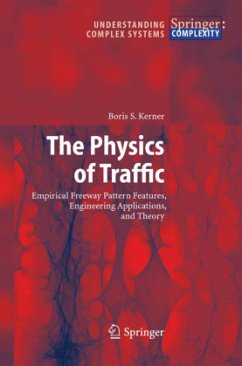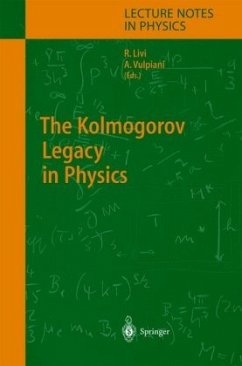
The Logic of Thermostatistical Physics

PAYBACK Punkte
76 °P sammeln!
This book addresses several of the foundational problems in thermophysics, i. e. thermodynamics and statistical mechanics. It is an interdisciplinary work in that it examines the philosophical underpinning of scientific models and theories; it also refines the analysis of the problems at hand and delineates the place occupied by various scientific models in a generalized philosophical landscape. Hence, our philosophical - or theoretical - inquiry focuses sharply on the concept of models; and our empirical - or laboratory - evidence is sought in the model-building activities of scientists who h...
This book addresses several of the foundational problems in thermophysics, i. e. thermodynamics and statistical mechanics. It is an interdisciplinary work in that it examines the philosophical underpinning of scientific models and theories; it also refines the analysis of the problems at hand and delineates the place occupied by various scientific models in a generalized philosophical landscape. Hence, our philosophical - or theoretical - inquiry focuses sharply on the concept of models; and our empirical - or laboratory - evidence is sought in the model-building activities of scientists who have tried to confront the epistemological problems arising in the thermophysical sciences. Primarily for researchers and students in physics, philosophy of science, and mathematics, our book aims at informing the readers - with all the in dispensable technical details made readily available - about the nature of the foundational problems, how these problems are approached with the help of various mathematical models, and what the philosophical implications of such models and approaches involve. Some familiarity with elementary ther mophysics and/or with introductory-level philosophy of science may help, but neither is a prerequisite. The logical and mathematical background re quired for the book are introduced in the Appendices. Upon using the Subject Index, the readers may easily locate the concepts and theorems needed for understanding various parts of the book. The Citation Index lists the authors of the contributions we discuss in detail.








